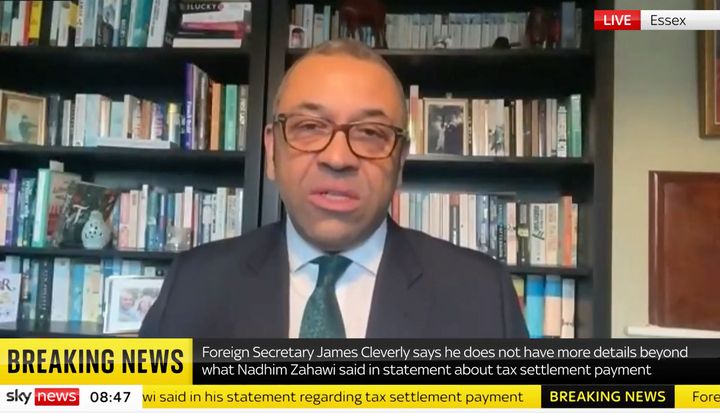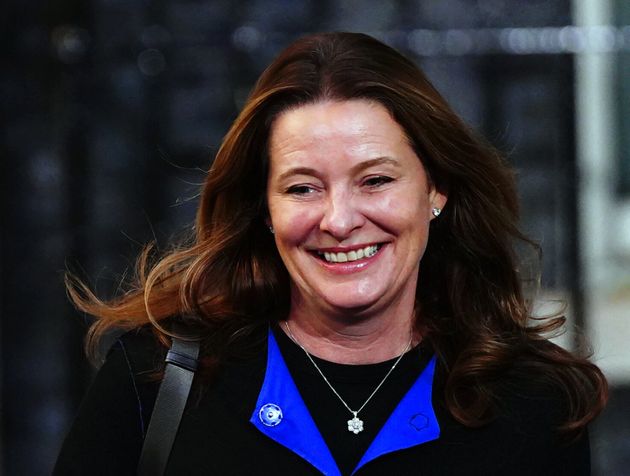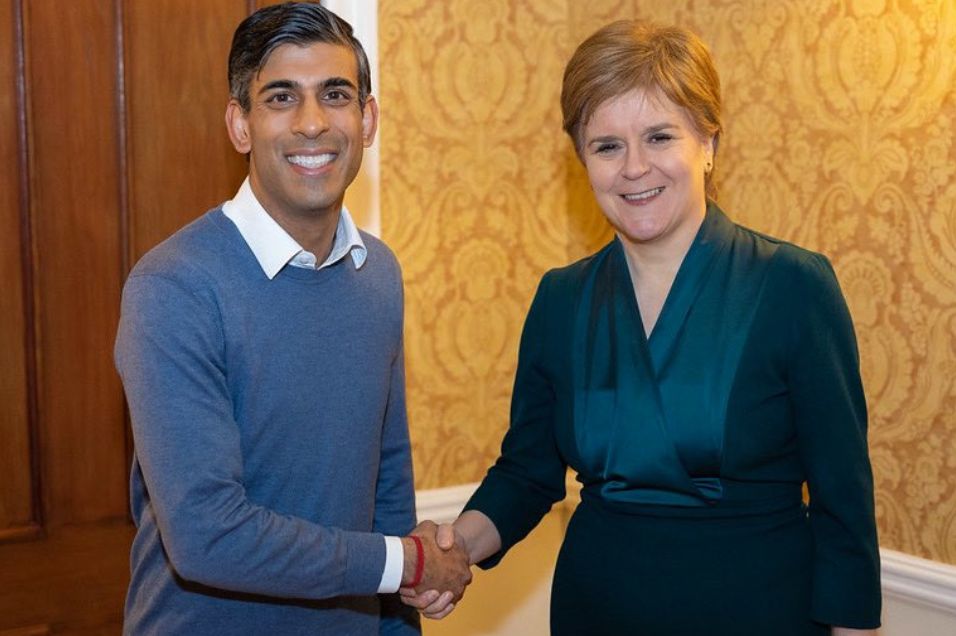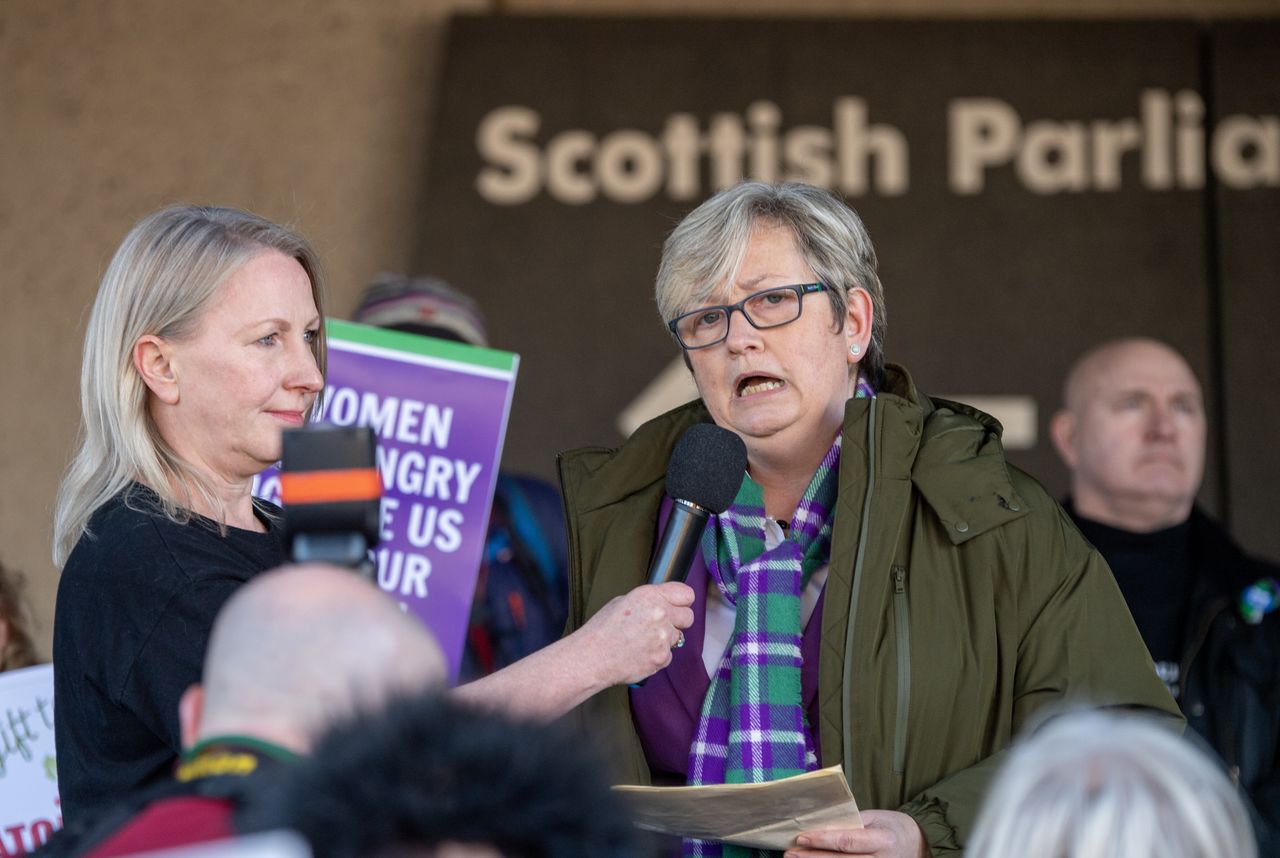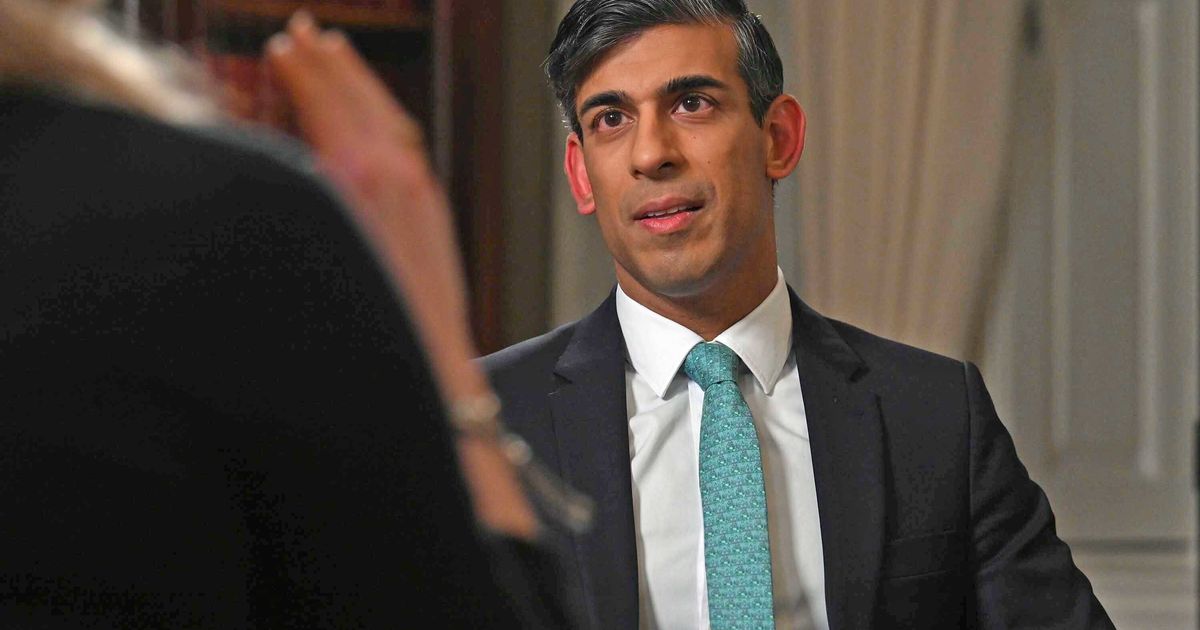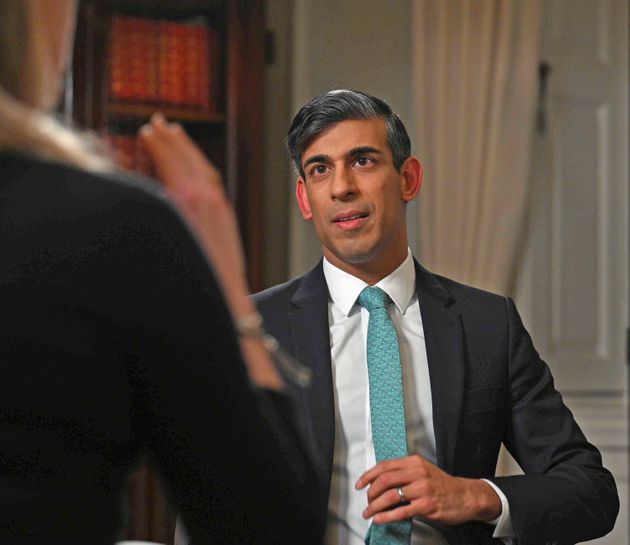
A journalist summarised the exact problem with the recent string of Tory scandals on BBC Question Time on Thursday.
Alison Phillips, the editor of the Daily Mirror, was discussing Tory Party chair Nadhim Zahawi’s taxes, which have been in the spotlight over the last week.
Advertisement
Zahawi was reported to have paid a multi-million pound penalty to HMRC over his taxes last year, around the time he became chancellor under Boris Johnson.
The Tory Party chair has not disclosed the size of the settlement – believed to be an estimated £4.8 million including a 30% penalty – or confirmed whether he paid a fine.
Since the issue came to light, prime minister Rishi Sunak has ordered his independent ethics adviser to investigate it – as there are “questions” which need “answering” – but has not yet asked Zahawi to step down from his role.
Phillips began: “Surely, Rishi Sunak must have called him [Zahawi] in and said, ’Hang on a minute, how come I’ve just found out that what you said to me last week was not the whole truth?
Advertisement
″‘And you’ve made me look an absolute clown, you’ve caused distrust in the country’ – and this is continuing.”
She also said the idea which really “cuts” through for her, was that last July Zahawi was using “his very expensive lawyers to send out letters to get journalists and investigators to stop looking at this”.
This is a reference to when reports first started to suggest that Zahawi was the subject of an investigation by the National Crime Agency and HMRC.
The senior Tory denied knowledge of this, later saying that these stories were “inaccurate, unfair” and “clearly smears”.
Phillips said these threats of being sued is seen all over the country right now, as ″very rich people are using the law to evade proper scrutiny.”
Advertisement
“The idea that we’ve got someone in our government doing that, it’s just appalling, it stinks,” she added.
She mentioned that Sunak promised to introduce “integrity, professionalism and accountability” into the heart of government when he was elected as Tory leader back in October, as that’s what we as a country “deserve” and “want”.
“He’s let himself down, he’s allowed one of his closest advisers to let him down, and I think it’s a real shame for all of them,” the journalist concluded.







